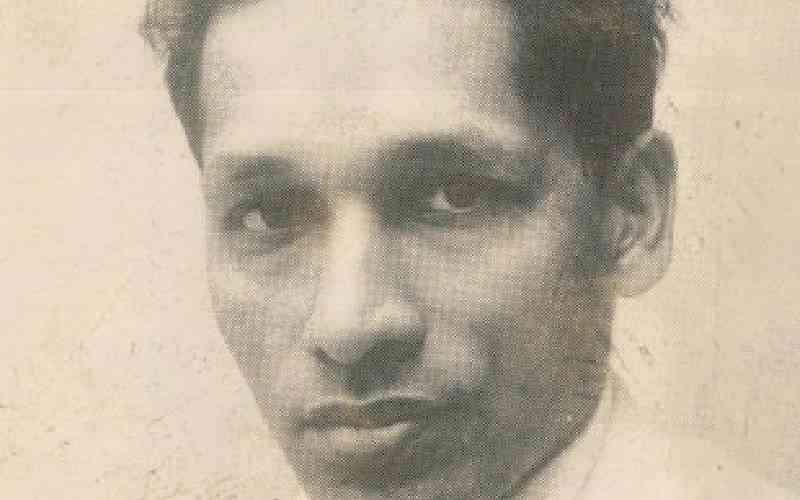×
The Standard e-Paper
Stay Informed, Even Offline

An important exhibition re-opened at the National Museums of Kenya on Museum Hill, Nairobi, on the life and achievements of the great freedom fighter Pio Gama Pinto.
It is open for the next two months. In his speech, Dr Frederick Manthi, Director of Antiquities and Monuments, noted the wide range of photographs not usually seen, with fresh national and international assessments of Pinto's role.